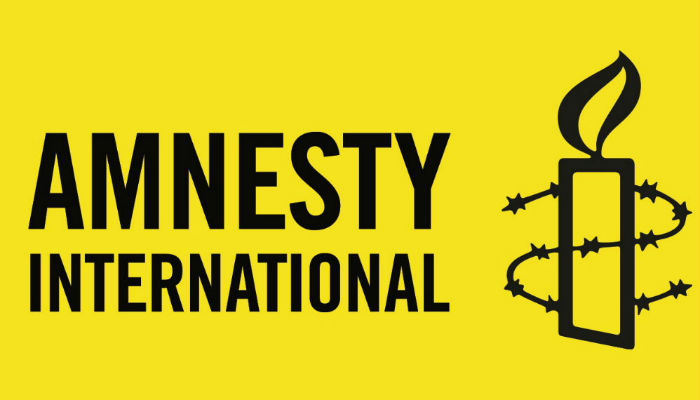Amnesty International has criticized Turkey for the authorities’ use of punitive and coercive measures in its fight against the coronavirus pandemic, which have resulted in human rights violations and unlawful detentions.
In its “COVID-19 Crackdowns: Police Abuse and the Global Pandemic” briefing published on Thursday, which documents cases in 60 countries where law enforcement agencies have committed human rights abuses in the name of tackling the virus, Amnesty said the measures taken by the Turkish government under the pretext of the coronavirus pandemic led to the detention of 510 people on charges of “sharing provocative coronavirus posts” on social media.
“In Turkey, on the basis of existing legislation, journalists and human rights defenders have been arrested for sharing factual information, and doctors have been arrested for publishing practical information and critical views on the authorities’ response,” said Amnesty.
Since the outbreak of the coronavirus pandemic in Turkey on March 11, the Turkish government has been sharing little information with the public about the course of the disease in the country, which sparked widespread criticism about the way the government handled the pandemic and raised questions of transparency and cover-up.
There have been instances in which people who questioned the coronavirus infection numbers reported by Turkey’s Health Ministry or refuted them by providing statistics on social media have faced legal action.
“Security forces all over the world are widely violating international law during the pandemic, using excessive and unnecessary force to implement lockdowns and curfews,” said Patrick Wilcken, deputy director of Amnesty International’s Global Issues Program.
“While the role of law enforcement at this moment is vital to protect people’s health and lives, the over reliance on coercive measures to enforce public health restrictions is making things worse. The profound impact of the pandemic on people’s lives compounds the need for policing to be carried out with full respect for human rights.”
